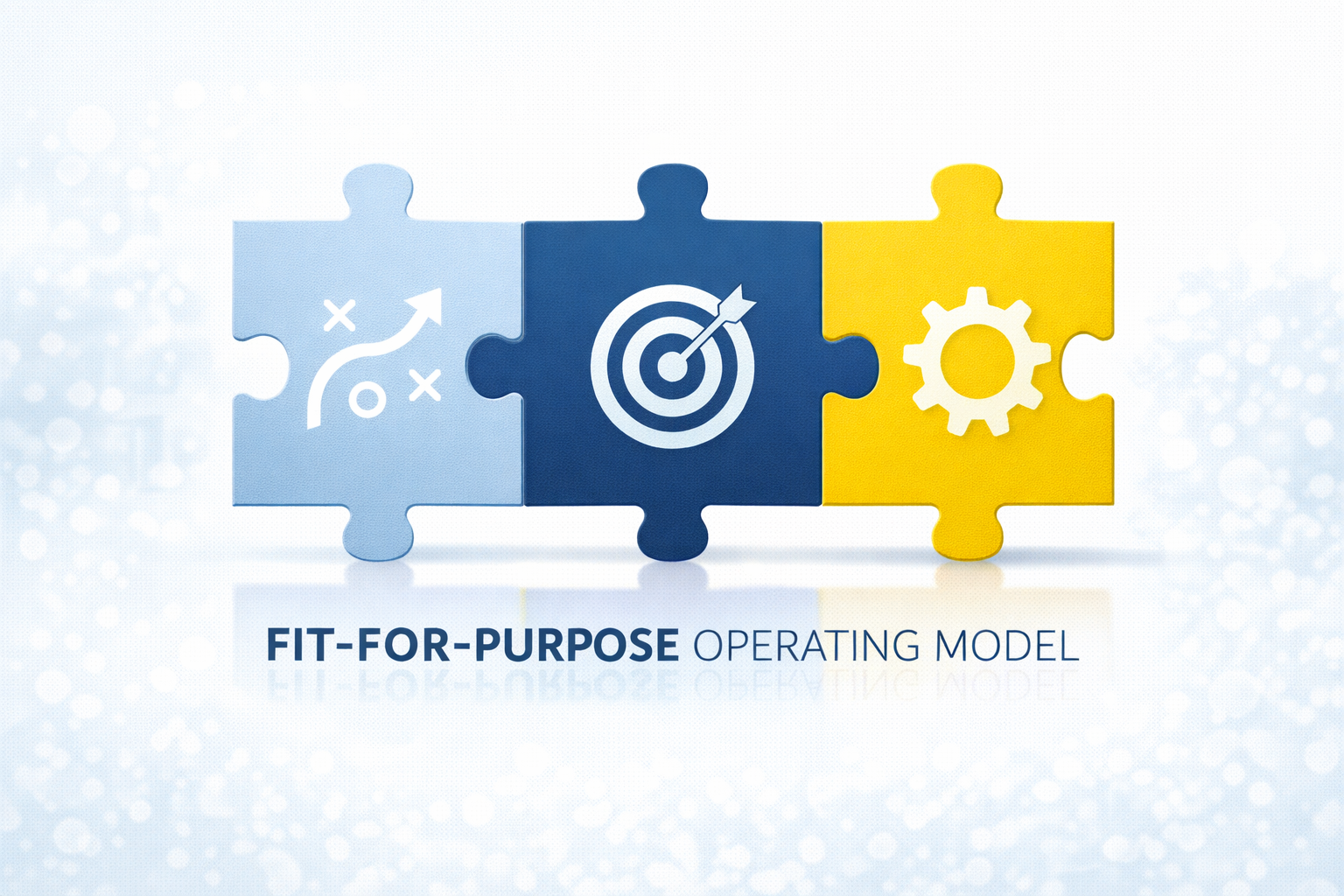
ESG and good Governance have become essential tools for sustainable value growth. But Governance in particular has proven elusive to measure. That’s a challenge because good governance is the foundation for competitive success, value growth, environmental sustainability and social responsibility.
The first step is to define what is meant by “Governance” in the private equity investment context. It is the quality of decision-making and management processes that drive good E, S and financial outcomes. Good governance enables firms to avoid errand decisions at all levels that increase risk (β), while taking advantage of market opportunities to boost (α). With this pragmatic definition, it’s possible to assess the drivers of good decision-making and governance.
In complex and dynamic business environments (like every buy-out faces today), good decision-making is driven by orchestrating the right interactions to drive superior collective pattern recognition among competent decision-makers. The number and experience level of decision-makers matters. Too many people, and decisions are slowed. And, if they don’t possess relevant experience, then the quality of decisions will suffer. Business complexity also demands that a broad set of patterns (experiences) resides in the decision-making group. They need to collaboratively test alternatives from different perspectives before final agreement. This is the strong business case for diversity and inclusion in good governance.
Given the complexity of the topic and importance of board-level decisions, it’s no surprise that funds are addressing governance top-down. Clearly, the composition and way a board interacts are critical for good decision-making.
But good governance does not end with the board. It permeates every level, function and location of the company. In a world where brand and enterprise value can be destroyed in an instant because of poor decision-making by a small group in a remote part of the business, governance on the front-line matters. Funds are starting to realize this and are beginning to measure the quality of behaviours which drive good decision-making and governance across their portfolios.
This article is part of our series on Organizational Excellence.
Other articles in the series:

In many organizations, strategy promises growth, efficiency, and innovation—but day-to-day execution tells a different story. Decisions drag. Silos persist. Accountability blurs. Leaders work harder without…
Read more
In today’s private equity landscape, the classic levers of value creation are no longer enough. As markets evolve and competition intensifies, governance is emerging…
Read more
Measuring organizational performance is difficult, especially in a way that is both systematic and genuinely useful for decision-making. In a recent Alpha Talks conversation, Ueli…
Read moreErhalten Sie jeden Monat Neuigkeiten und wertvolle Perspektiven zu Themen der organisatorischen Effektivität